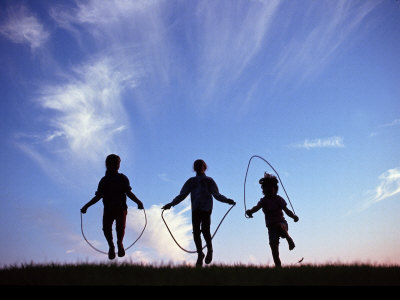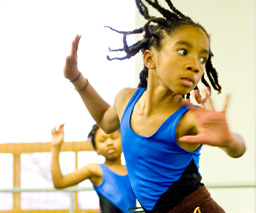Let’s Get Physical | Marie Reynolds

Children today spend less time engaging in outdoor play and physical activity, and a lot more time indoors in front of one screen or another, whether TV, computer, tablet, smartphone or video game. On a local TV children’s quiz show, the hobby most claimed by participants is “surfing the net.” As children’s physical activity and outdoor play have declined, there has been evidence of increased occurrence of mental health concerns such as anxiety, depression, ADHD and low self-esteem.
Nevertheless, both at home, and in school, children are punished for unacceptable behaviour by having their recess time cut or taken away. As significant exams approach, it is not uncommon for children’s extra-curricular activities and playtime to be significantly reduced or cut altogether so that they can focus on extra lessons and other preparation. However, have we ever considered that children and adolescent’s learning, memory, and focus, as well as mental health and emotional well- being might actually benefit from physical activity and outdoor play?
Aerobic exercise enhances children’s ability to concentrate, think and manage their impulses
All forms of aerobic exercise are helpful, whether running and climbing in outdoor play, more organised sports, P.E. classes, group games, or virtual exercise through the Wii. The more consistently over time children engage in these exercise activities, the more lasting the effects.
Aerobic exercise increases blood flow to the brain and stimulates hormones that regulate memory. Brains develop through children’s experiences, and because the area of the brain responsible for these functions (known as executive functions) continues to develop through to young adulthood, the brain is sensitive to the effects of aerobic exercise. Studies indicate that children and adolescents who engage in moderately intense aerobic exercise over time demonstrate improvement in all aspects of executive function including:
- Controlling behaviour, emotions and attention
- Holding and working with information in memory
- Thinking creatively and adapting to change
- Problem-solving and reasoning
All these functions are vital for both academic and social success.
Exercise enhances self-esteem and promotes positive mood
Through exercise children discover and develop their capabilities. This helps them feel competent and better about themselves. At the same time, exercise releases endorphins, hormones that trigger a positive feeling in the body. Youngsters experience joy in outdoor play or exercise. Not only can exercise help children or adolescents already experiencing depression or low self-esteem, but it is believed to protect against developing issues down the road.
Activities that combine physical exercise with other thinking or social activity have an even greater effect.
Besides aerobic exercise, activities such as classic martial arts, that incorporates character development and self control, or yoga, that combines physical activity with mindfulness, can be especially beneficial. Children’s group games that not only entail exercise, but also require the use of social skills for cooperation, conflict resolution and relationship building, are great activities for enhancing children’s mental health and development.
So, let’s think twice before cutting children’s physical activity as punishment or in favour of academics. Regular exercise or outdoor play may be just the thing they need to improve learning, build self-esteem, enhance creative problem solving, develop healthy management of their emotions and encourage positive socialising.
Written by: Marie Reynolds, Paediatric Psychotherapist
Related Posts
Preparing for the Doctors Visit 2: What to carry
What to carry: Doctor’s Documents (The Doc’s docs) Be sure to walk with all of...
Intro: The Doctor’s Visit
For the beginning of 2012, we will be posting tips and advice about visits to the...
Sports Drinks and Healthy Hydration
Sports drinks, fruit drinks, soda and any other sugar-laced drink will never be...
Stop Bullying! Idea from TODAY.com
Teacher leads inspiring mission to stop bullying on - TODAY.com So many good...



